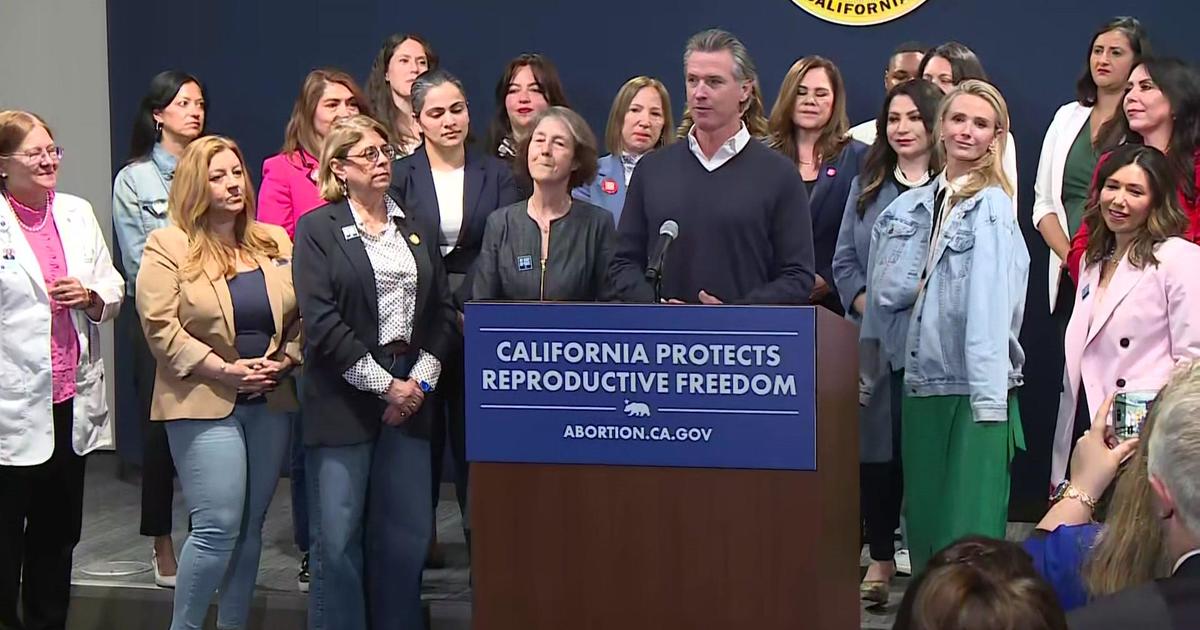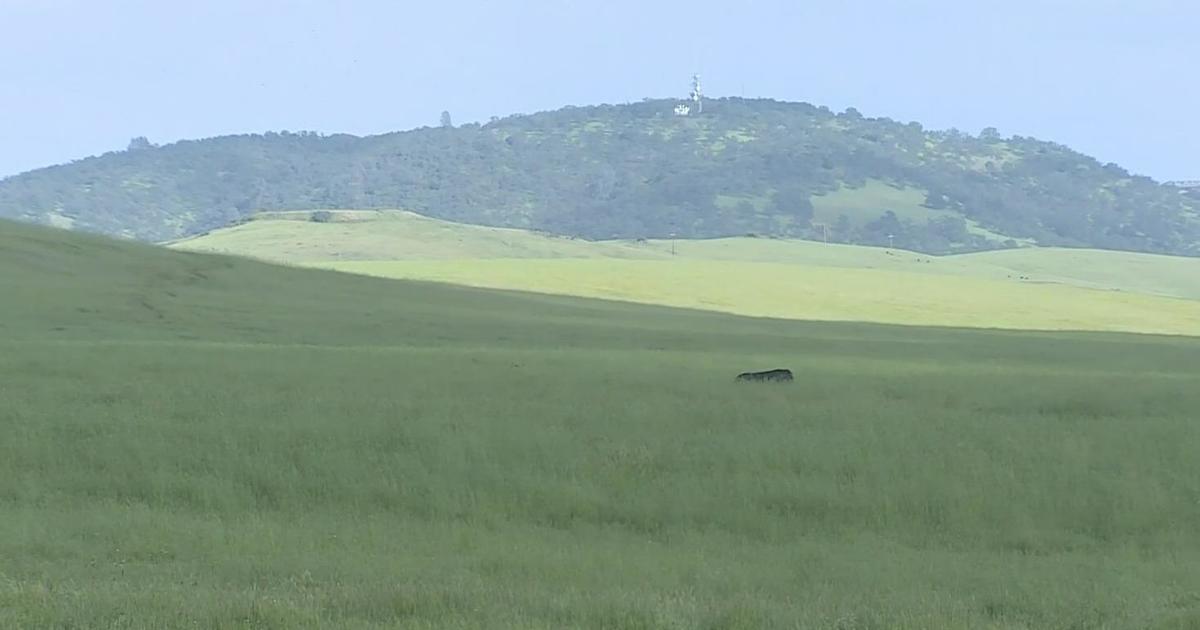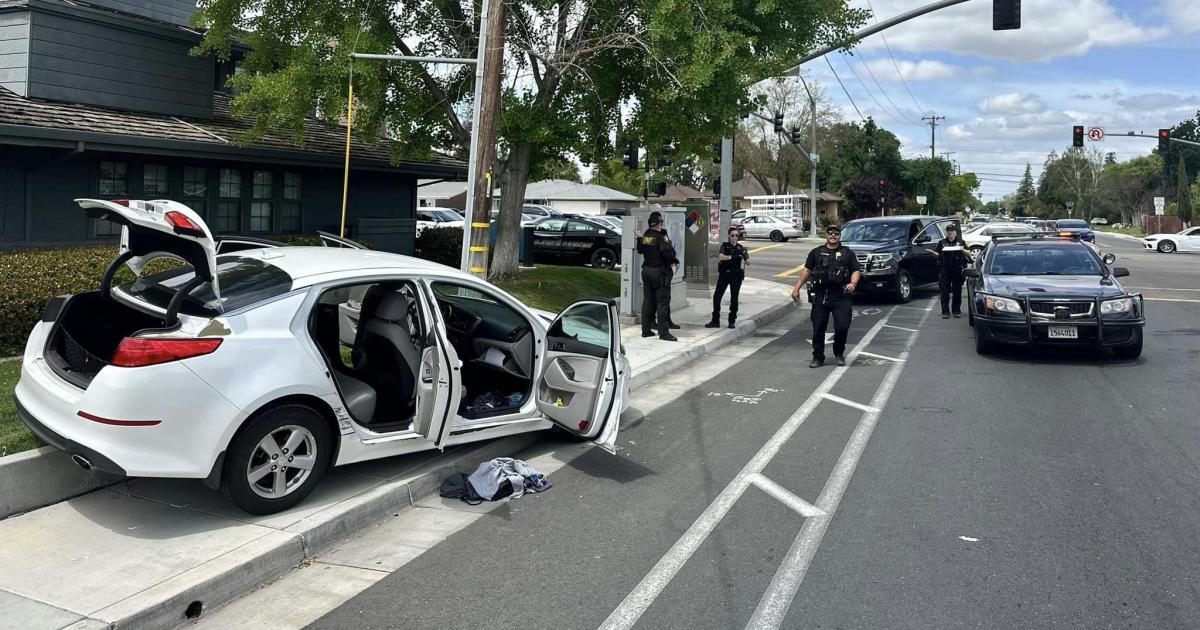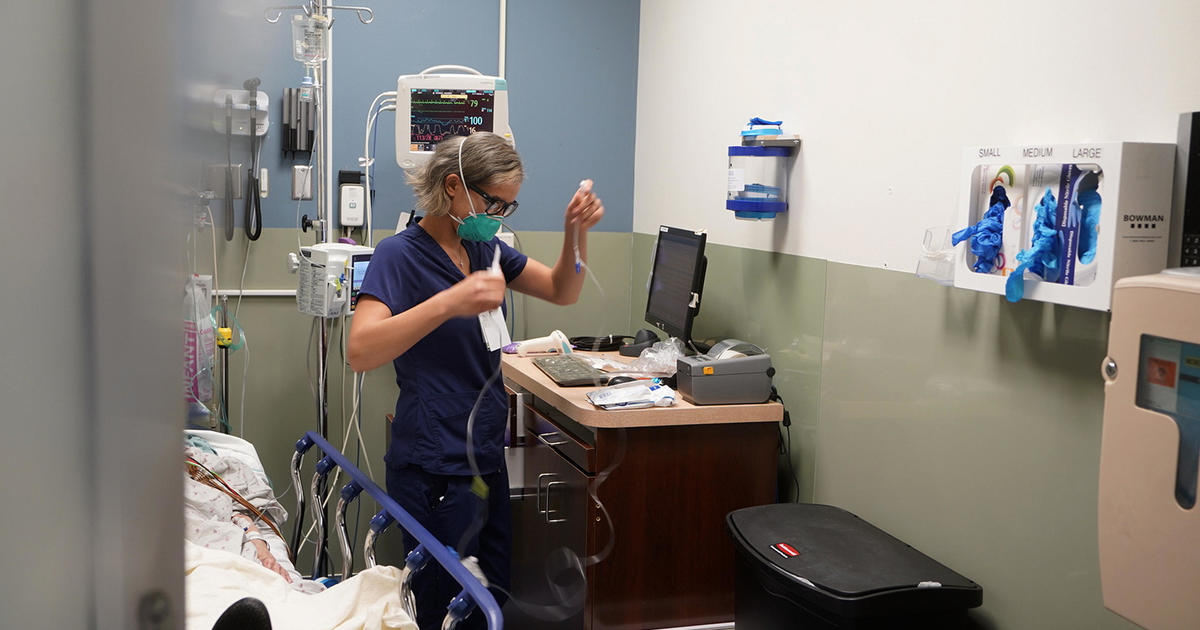Ohio Supreme Court To Decide Whether Red-Light Cameras Overstep Cities' Power
CINCINNATI (AP) - While debate over traffic cameras usually centers on whether they are aimed mainly at increasing safety or revenues, arguments before the Ohio Supreme Court on Wednesday will focus on whether cities are overstepping their bounds.
The justices will hear an appeal by Toledo and its camera vendor of a lower court's ruling in favor of a motorist who sued over a 2009 camera-generated ticket. His lawsuit charged that the city's administrative handling of tickets unconstitutionally bypasses the court system and violates his due-process rights.
Toledo contends that the camera systems are allowed under local self-governing powers provided by the Ohio Constitution, and that motorists still have the ability to take their cases to the courts.
"If not corrected, (the state appeals court ruling) will ... significantly undermine Ohio cities' home rule powers," Toledo wrote in court briefs, warning that the ruling could mean that such matters as a homeowner who let his grass grow too tall under a local ordinance would have to go before a judge.
The Toledo case is among a growing number of legal challenges to cameras in Ohio and other states.
Most of Ohio's largest cities, and hundreds of communities across the nation, are using automated photo enforcement to cite speeders or red light runners. Advocates say they free up police for other crime fighting and deter traffic violations, making communities safer.
Opponents say they are used to pump money into the coffers of the cities and camera companies, while infringing upon motorists' constitutional rights. The state Supreme Court in 2008 upheld the city of Akron's use of traffic cameras, but Ohio legislators have proposed banning or sharply restricting camera use.
Andrew Mayle, a Fremont attorney representing driver Bradley Walker in the Toledo case, said "we're not saying that they can't have cameras." The case is about the way the city usurps both judicial and legislative authority, Mayle said, besides his client's due-process rights.
Toledo's camera vendor and co-defendant, Redflex Traffic Systems of Phoenix, Arizona, says it has operated camera systems in Ohio for more than a decade and is confident that it has helped improve public safety in a way that is consistent with Ohio law.
Dwain Massie, a 72-year-old motorist from Wooster, hopes the justices rule against cameras.
"It is nothing but a money grab," said Massie, who said he and his girlfriend have spent $300 contesting a $100 ticket in Akron they say was undeserved. He said they appeared before an administrative hearing officer who served as "prosecutor, judge and jury."
The California Supreme Court last week ruled unanimously against a motorist's challenge to a camera-generated red light citation. The Illinois Supreme Court heard oral arguments last month in a challenge to Chicago's red-light cameras, while the Missouri Supreme Court recently agreed to hear a speeding-camera case involving a radio host.
One of the sharpest rejections of cameras came last year in Hamilton County, where a judge compared Elmwood Place's camera system to a con artist's card game, calling it "a scam" against thousands of motorists who racked up $105 speeding fines within weeks of the cameras' installation.
Copyright 2014 The Associated Press.



